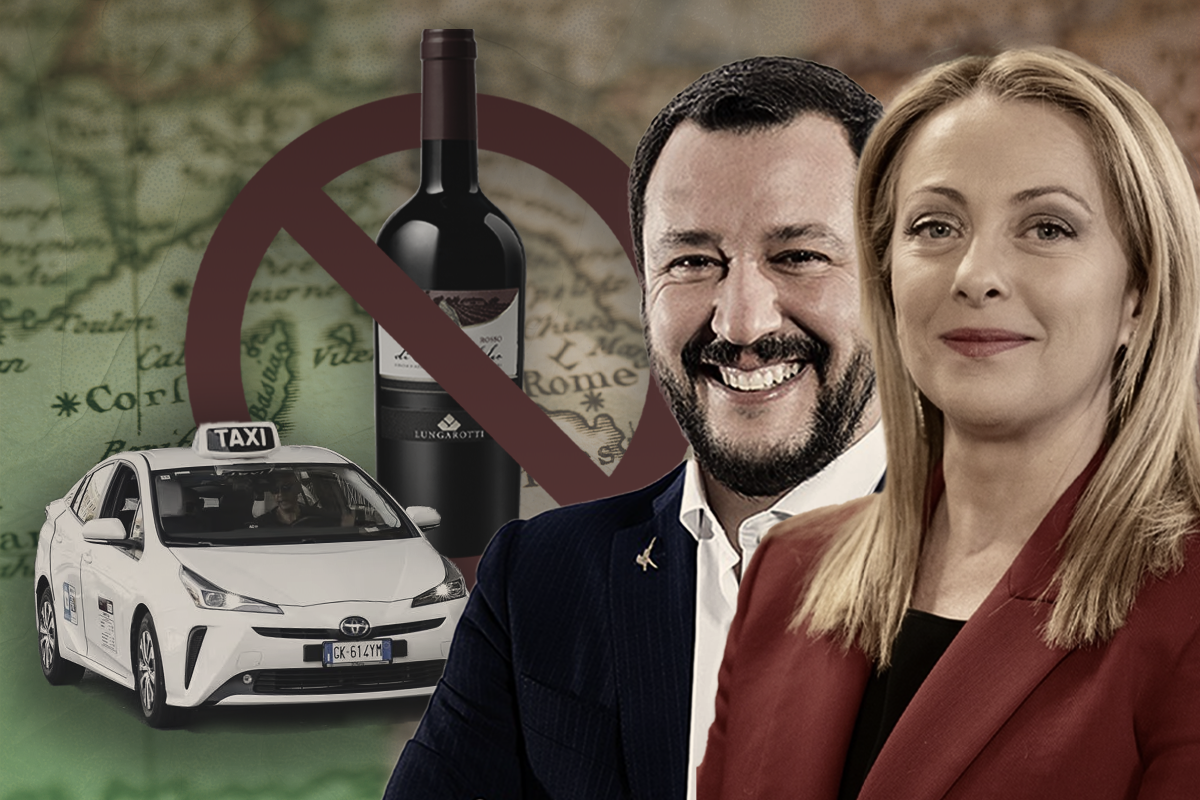
Drink-driving crackdown exposes Italy’s need for transport innovation
Italy needs to embrace the tech revolution to improve its transport options
A recent drink-driving crackdown in Italy has exposed how the country’s outdated taxi system needs to embrace new tech.
A few weeks ago, the Italian government rolled out massive fines aimed at tackling drink-driving.
While the harsh penalties—up to €6,000 per driver—proved effective in curbing drink-driving over the festive season, it also shined a spotlight on the lack of viable alternative transport options in cities across the country.
A broken taxi system
At the heart of the problem is an overly protected taxi sector.
Italy’s taxi industry remains one of Europe’s most restricted markets. Its licensing system caps the number of taxis, creating an artificial scarcity that drives up costs and limits availability.
As a result, finding a taxi in major cities has become a nightmare; getting around after midnight—especially during peaks in demand—is almost impossible.
Reports in leading Italian media in recent weeks speak of residents stranded at night, forced to walk home, or resort to even riskier alternatives.
From Florence to Rome, restaurants, bars, and clubs complain about how the new harsh anti drink-driving measures have left them with empty tables or slimmer margins as diners become increasingly cautious.
Tourists unfamiliar with local systems fare even worse, navigating a system that’s outdated and far removed from their expectations and needs.
For a nation hosting an average of 60 million tourists annually, this is more than a mere inconvenience—it’s an economic liability.
Put plainly, the fact that Italy’s transport infrastructure struggles to handle demand surges tarnishes its global reputation as a premier destination.
The need for disruption
The Italian taxi and Noleggio con Conducentesector (NCC) sectors urgently require innovation.
A new wave of entrepreneurial energy, paired with technology, could transform what has long been a stagnant market.
Platforms like eCabs Technologies demonstrate the potential of digital solutions—from dynamic pricing engines tailored to demand, to seamless integration with legacy systems.
Technology can indeed modernise the sector, creating a responsive, efficient, and customer-focused ecosystem. It’s time to move beyond regulation as the primary tool and embrace digital transformation to unlock Italy’s night-time economy.
As Italy grapples with these challenges, the path forward is clear: invest in technology, support innovative platforms, and enable entrepreneurial ventures.
By modernising its taxi and NCC offerings, Italy can not only meet its mobility and safety needs but also reinvigorate its economy, ensuring that both residents and tourists thrive.
Today, eCabs Technologies powers successful ride-hailing operations in Malta, as well as Athens, Greece, and Bucharest, Romania, with several other European jurisdictions going live in 2025.
With more than 450 employees and a quarter of a million rides completed monthly, the company has undergone considerable growth.
Find more information on how eCabs Technologies is leading the digital revolution for the shared mobility industry across Europe here.
By Matthew Bezzina, eCabs Technologies’ CEO




